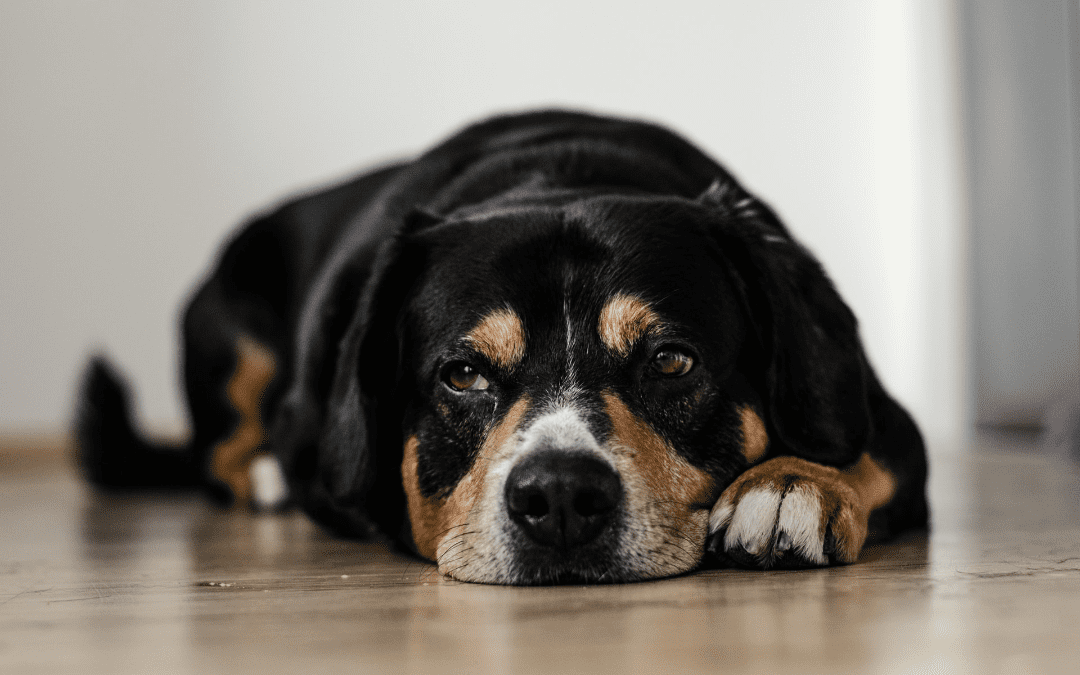If you’ve ever taken your pup to a boarding facility so you can enjoy a weeklong getaway and returned to a dog with a loud cough that sounded like a goose honk, you aren’t alone. As you watch your pup strain on their leash in all their excitement to see you, your pup’s honking cough worsens. Upon closer inspection, you notice your furry friend’s runny eyes and nose, and, after the initial excitement of seeing you subsides, your pooch seems ready to lay down for a weeklong nap to recover from their stay in close quarters with other dogs.
Perhaps your dog is tired after all the excitement of the week. Maybe they’ve been barking with their dog pals, and that’s why their bark sounds different. Or, maybe your dog has kennel cough.
What is kennel cough, and how is it transmitted?
Kennel cough, or canine infectious tracheobronchitis, can be caused by many different viruses or bacteria, similar to the human cold. It is often called Bordetella because a common cause of kennel cough is a bacterium called Bordetella bronchiseptica m. Dogs contract kennel cough when they inhale bacteria or virus particles, which can occur through casual contact (e.g., sniffing, sharing water bowls, playing) with other dogs.
Kennel cough is likely to be transmitted at some of the following locations:
- Dog boarding facilities
- Doggie daycares
- Dog parks
- Pet stores
- Grooming salons
- Dog shows
- Campgrounds
Treatment and prevention
The viral form of kennel cough has to run its course. Bacterial components can worsen your pup’s symptoms, and antibiotics may be warranted. Your veterinarian may also prescribe a cough suppressant or anti-inflammatory medication. Most infections resolve within 1 to 3 weeks.
There is a vaccination available for kennel cough, but the vaccine is not 100 percent effective at preventing every strain because there are so many different strains of the virus. Although the vaccine is not 100 percent effective, it is still recommended because vaccinated dogs who happen to pick up a strain of kennel cough typically recover more quickly and experiences fewer severe symptoms than unvaccinated dogs.
Planning a family vacation this summer? Call us to be sure that your dog is vaccinated against kennel cough. And verify that the boarding facility of your choice requires current vaccinations for all their guests.
If you suspect your dog has symptoms of kennel cough, contact our office and let us know the signs your pup is exhibiting. It is essential to remain in your car once you arrive at our veterinary clinic and wait for one of our staff members to get your furry friend to avoid contaminating our lobby.

